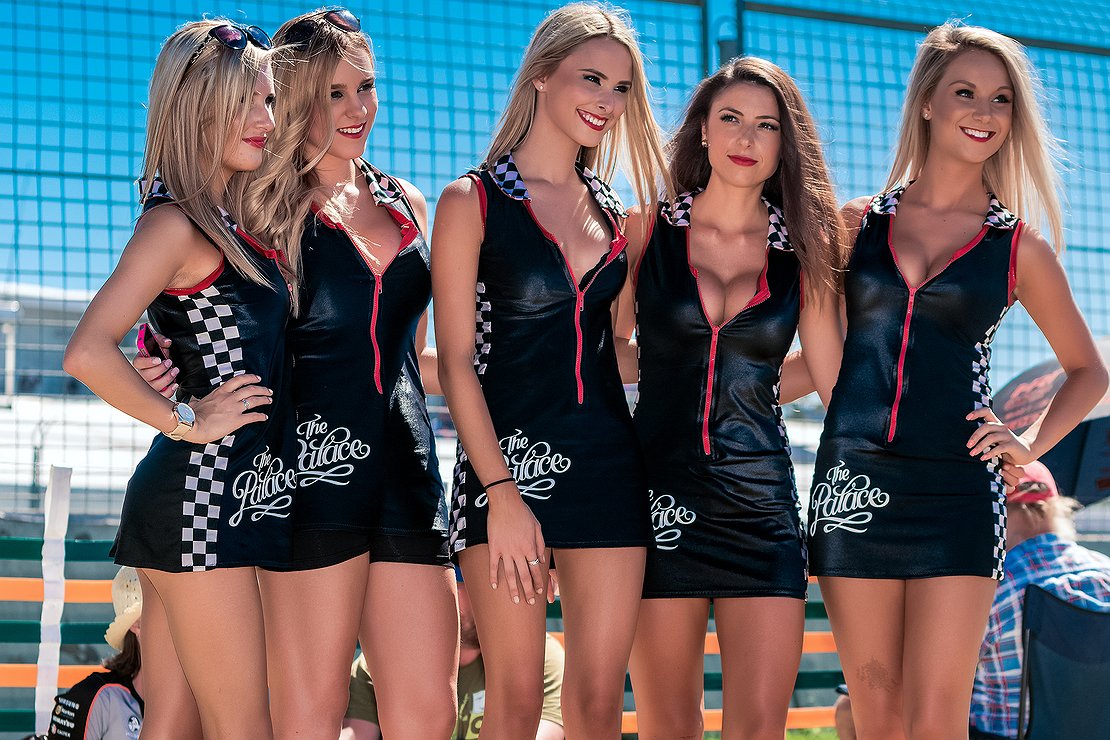
‘The Atoners’:Psychoses in the Emotionally Guided Hippie State
Thus spoke parliamentary group leader Katrin Göring-Eckardt at the German Green party conference in November 2015, a few months after the opening of the borders: “Our country will change, and drastically. And I look forward to it!” Instead of dealing with the legitimacy, significance and consequences of a policy that would result in nothing less than the ethnic-cultural upheaval of Germany, she justified it with the personal gain of pleasure.
Such childlike narcissism seems whimsically comical in four-year-olds, in a politician in her fifties it is a sure indication of a lack of maturity in intellect and character. Nevertheless, in 2017 she was close to becoming minister, possibly foreign minister, and almost all the major media found it a pity that she didn’t become so in the end.
"Moral infantilization"
As Raymond Unger explains in his book “Die Wiedergutmacher – Das Nachkriegstrauma und die Flüchtlingsdebatte” (“The Atoners – Post-war trauma and the refugee debate”), Göring-Eckardt is representative of her age cohort, which today holds leading positions in politics and the media. The author traces the reasons for the “moralistic infantilization” of this generation to which he – born in 1963 – also belongs. His perspective is that of a “classical liberal, humanist freethinker and free, visual artist” who sees his hard-won freedom of thought and practical life put at risk by the political and media elites.
This is the generation of (German) baby boomers that stretches from about 1957 to 1967, the grandchildren of the war, who are also referred to in literature as ‘fog children’ because they carry a nebulous, ever-present sense of guilt. On the one hand they found – if they lived in the West – opportunities for advancement and material prosperity, but they missed emotional security. They are the sons and daughters of war children whose early years were marked by bombing nights, expulsion and deprivation, and whose fathers had either never returned from the war, or returned from it damaged.
Unger works with the tools of psychoanalysis and psychotherapy. The lack of a father as a role model has such a drastic effect alongside other transgenerational traumas, because fathers form the bridge to the adult world. In addition, the army has failed as a place of initiation, where young men break away from motherhood. Unger thus provides an answer to the question: “So what kind of men are these who have stylized a childless woman – Angela Merkel – into the 'mother' of the nation – a regressive, collective projection that knows no equal?”
This was the psychology that the refugee crisis encountered
Ego-weakness, guilt complexes, the inability to set boundaries, the swaying between manic depression and overblown optimism do not allow for a detached, adult relationship with the outside world, and prepare the ground for helper syndromes and hyper-morality. In addition, widespread childlessness prevents relief and blocks an abatement of conflicts as one generation follows the next.
Those affected find themselves in a “genetic impasse” in which the toxic mingling of family history culminates and “personal self-denial is collectivized in political activity.” Among the established German politicians and journalists today there is hardly anyone who has a positive relationship to his own country.
This is the collective psychology that the refugee crisis encountered in 2015. This was the hour of the “atoners,” who repaired their cracked self-esteem by repenting for “German guilt” and by pointedly setting themselves apart from “xenophobes,” from those “left-behind” and the “eastern German hillbillies”. But in truth, according to Unger, this type of people pays very close attention to preserving their status quo. Unger mentions, among other things, the so-called refugee guarantors who offered to bear the costs for individual immigrants with an unresolved status, and in return for this raked in moral added value and social reputation.
Hypocrisy paired with frightening infantility
How astonished they were when the social welfare office actually sent the bill to their house. These wealthy people with high educational qualifications had not learned what it takes to grow up: to suffer the consequences of one's own actions. World salvation attitudes, hypocrisy and infantility go hand in hand in these supposedly mature German citizens.
An example is the defeat of Interior Minister Horst Seehofer, who wanted nothing other than to restore respect for, and validity of, the law (regarding border security) and failed because of the overbearing power of the media, which immediately allied themselves with the Chancellor. He also received little support from his parliamentary party CDU/CSU. Seehofer's degradation is more than a personal defeat. It marks the final replacement of the old white men in German politics by the infantilised of the Göring-Eckardt generation.
The book captivates with its combination of abstraction, lively perception and narrative power. Unger documents the psychological models and socio-political conclusions with examples and descriptions that often come from his own experience. Living in Berlin-Neukölln, he has followed the negative changes in the neighborhood over the years.
Focus on the mental conditioning of the Germans
The author has consciously focused on the mental conditioning of Germans through the war, and the consequences of war. The general conditions after 1945 – the limited sovereignty, the implementation of Allied re-education concepts, the division of the country – are treated as secondary. This is not a shortcoming, but rather a starting point and a task for further research.
There are some points where one would like to disagree, for instance on the occasion of the undifferentiated denigration of the protests against the stationing of medium-range nuclear missiles at the beginning of the 1980s. Of course, the resistance was mainly expressed emotionally, but at least it showed a residual political instinct regarding the fact that, had there been a war, the physical existence of Germany would have been at the mercy of foreign powers. The bitter conclusion of Unger's book is that this residual political instinct has died.
Originally written for 'Junge Freiheit', where the article appeared under the title 'Psychosen im gefühlsgeleiteten Hippiestaat', on December 22nd 2018.




